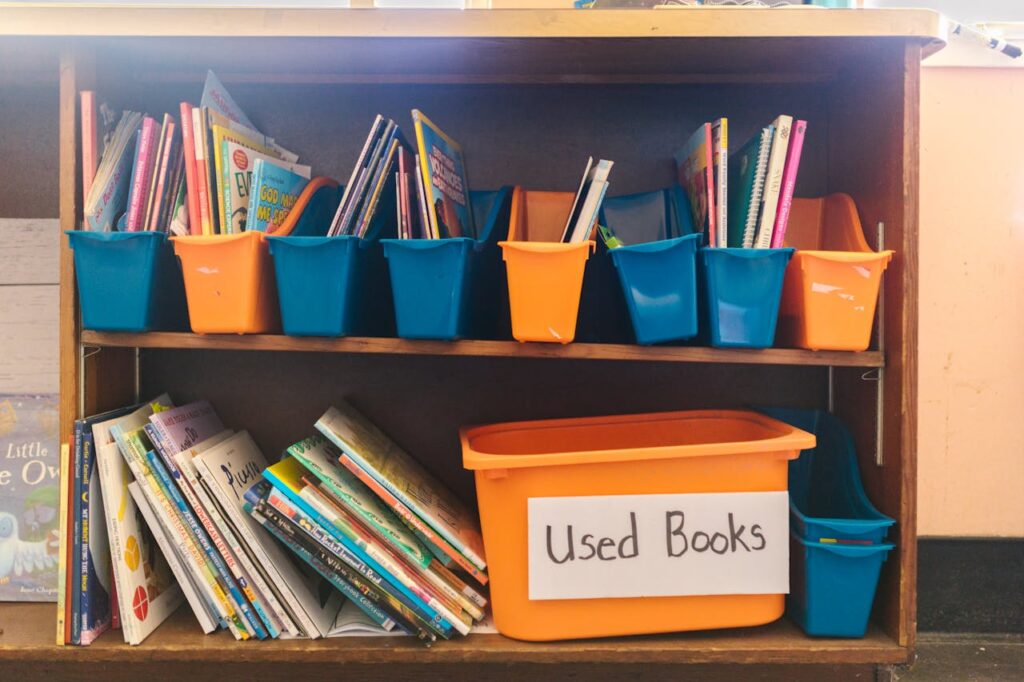Plastic Packaging Tax
The UK government has published a draft legislation regarding plastic packaging. On the 12th of November, 2020, HM Revenue and Customs (HMRC), published the draft named: ‘Introduction of a new plastic packaging tax.’
Details Of The Plan:
Any plastic packaging containing less than 30% recycled plastic will have a £200/tonne tax attached. Any packaging with 30% or over recycled plastic is void of taxation, as well as packaging that is not predominantly plastic.
Imported plastic packaging is also taxable, regardless of whether it is filled or unfilled.
This draft legislation also welcomed opinions from 291 respondents on how best to enforce and collect the taxation. This opinion piece is located in the summary of responses section of the draft.
The government is yet to decide on how best to implement and collect taxation, as well as more specifics on the design. Until these decisions are made, we are yet to fully comprehend the extent of impact on the UK business sector.
Without a doubt, however, this is a clear push in the right direction for government acknowledgement of environmental sustainability.
Why Was This Policy Introduced?
This new policy is focused on reducing the use of virgin plastic, which has a carbon footprint four times higher than recycled plastics. HMRC explain that ‘the policy may also help to divert plastics from landfill or incineration, and drive recycling technologies within the UK.’
While this legislation is focused on business purchases, there is a possibility that it applies to individual consumers too. HMRC explain, however, that the tax of plastic packaging on everyday items will be very small.
While this legislation is not expected to have a tremendous macroeconomic impact, it demonstrates a clear economic incentive for businesses to reduce their purchase of non-recycled plastic packaging, thus reducing landfill waste.
This policy was proposed back in 2018 by the Treasury. Due to it’s unprecedented nature, the draft, with the summary of responses included, was not announced until 2020. The policy is expected to be implemented in April 2022.
What Does This Mean For Recycling Companies?
This is very good news for recycling companies across the UK. Taxation of non-recyclable plastics will undoubtedly shift the market towards recycling companies’ favour.
In fact, the threat of this legislation for the past few years had already begun to stimulate the recycled plastics market. This will continue to gain more momentum in the coming years, before the implementation in April 2022.
This legislation creates a shift for many prospective recycled plastic buyers. Buying recyclable plastic packaging for your business goes from being solely fashionable to budgetary. Buying recycled plastic will become the new normal for all types of businesses.
The policy page on the government website states clearly that the objective of the policy is to ‘stimulate increased levels of recycling and collection of plastic waste, diverting it away from landfill and incineration.’
Jacob Taylor, executive director of the Environmental Services Association, praises the policy and its impact on UK recycling.
“This new policy measure is a vital key to unlocking further investment in domestic plastic recycling and reprocessing, which will help ween the United Kingdom off its reliance on export markets.”








